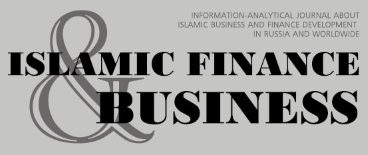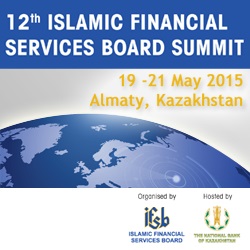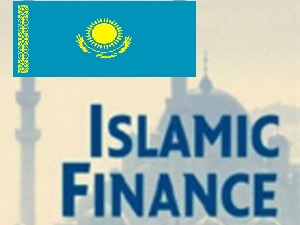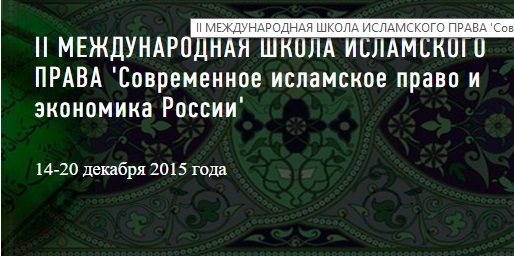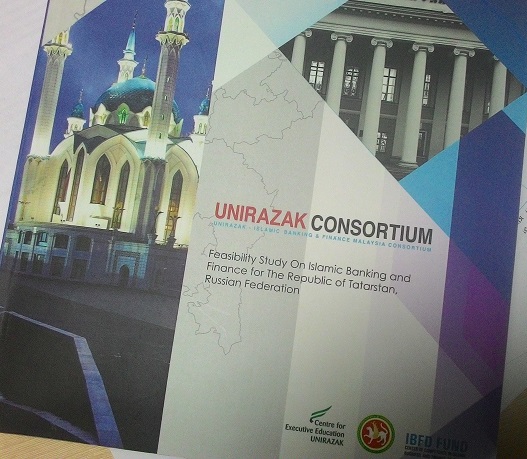Summit will be hosted by The National Bank of Kazakhstan. The theme of this year’s Summit is «Core Principles for Islamic Finance: Integrating with the Global Regulatory Framework».
The Annual IFSB Summits aim to bring together industry leaders and professionals from across the globe. In particular, participants of the previous Summits have included key players of the Islamic Financial Services Industry, especially members of the IFSB from among regulatory and supervisory authorities, international, inter-governmental organisations and market players.
The proposed Core Principles for Islamic Finance Regulation represent an advanced approach to the assessment of supervisory and stability regimes, one that is benchmarked against the new global regulatory architecture. The need for Core Principles arises in the context of the sustained growth of Islamic finance, and its increasing integration into the global economic system. These developments present a set of opportunities and challenges to its further prospects requiring a consistent, cross-national framework for its stability and resilience. While there are significant benefits to Islamic finance from the process of growth and international integration that is underway, there are corresponding challenges in building up the regulatory, supervisory and surveillance capabilities to contain vulnerability to cross-border volatility and contagion.
Currently, many regulatory authorities that are new to the regulation and supervision of the Islamic financial services industry face challenges in identifying the applicable principles and benchmarks for assessing the gaps in their existing structures as well as the appropriate policies in their jurisdictions in a manner that addresses the specificities of Islamic finance. The issuance of upcoming IFSB Core Principles for Islamic Finance Regulation will fill this gap and provide a framework for assessment of supervisory system for Islamic banking sectors, to be followed by similar principles for other sectors. The Core Principles are also aimed at protecting consumers and other stakeholders by ensuring that the rights of the various parties are recognised and respected. Moreover, the Core Principles serve to strengthen the linkages between the financial sector and the real economic sector, which underpins Islamic finance, and in ensuring that institutions offering Islamic financial services act in accordance with their fiduciary responsibilities in all their operations, especially in regard to fund providers.
The 12th IFSB Summit will focus on this major development in the supervision and monitoring approach to the Islamic financial services industry. In particular, various sessions in the Summit will address the role of the Core Principles in enhancing the regulatory consistency and resilience of the Islamic financial services industry as well as enabling the necessary frameworks and pre-conditions for the assessment of regulatory and supervisory regimes.
The Summit will also entail a sharing of experiences related to the challenges faced by both regulatory authorities and financial institutions in the adoption of the new Basel capital and regulatory frameworks, along with the progress towards the adoption of the IFSB's recent standards on stress testing, liquidity management and the revisions to the capital adequacy standard.
The important changes taking place in the global regulatory architecture provides the setting for Islamic finance to play a stronger role in real sector development and in facilitating cross border integration. With regional and international hubs for Islamic finance being discussed and planned across advanced jurisdictions and emerging markets alike, the Summit will provide an environment that supports greater dialogue amongst key players on this important set of issues.
About IFSB The Islamic Financial Services Board (IFSB) is an international standard-setting organisation that promotes and enhances the soundness and stability of the Islamic financial services industry by issuing global prudential standards and guiding principles for the industry, broadly defined to include banking, capital markets and insurance sectors.
As at December 2014, the 184 members of the IFSB comprise 59 regulatory and supervisory authorities, eight international inter-governmental organisations, 112 financial institutions and professional firms as well as five self-regulatory organisations (Industry Associations and Stock Exchanges) operating in 44 jurisdictions.
Towards this end, the IFSB works closely with relevant international, regional and national organisations, research/educational institutions and market players.
 Contacts |
Contacts |
 Русский
Русский

